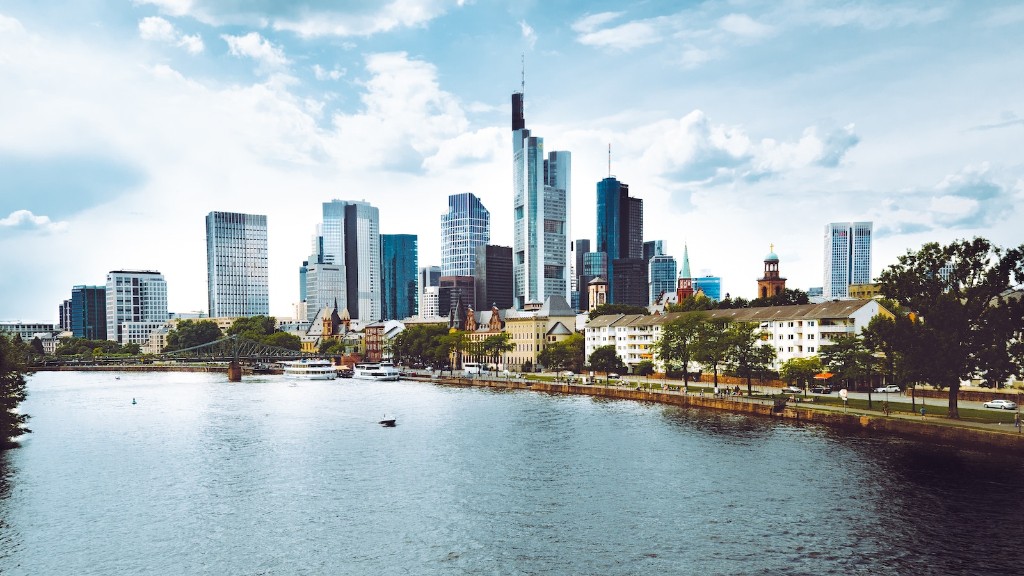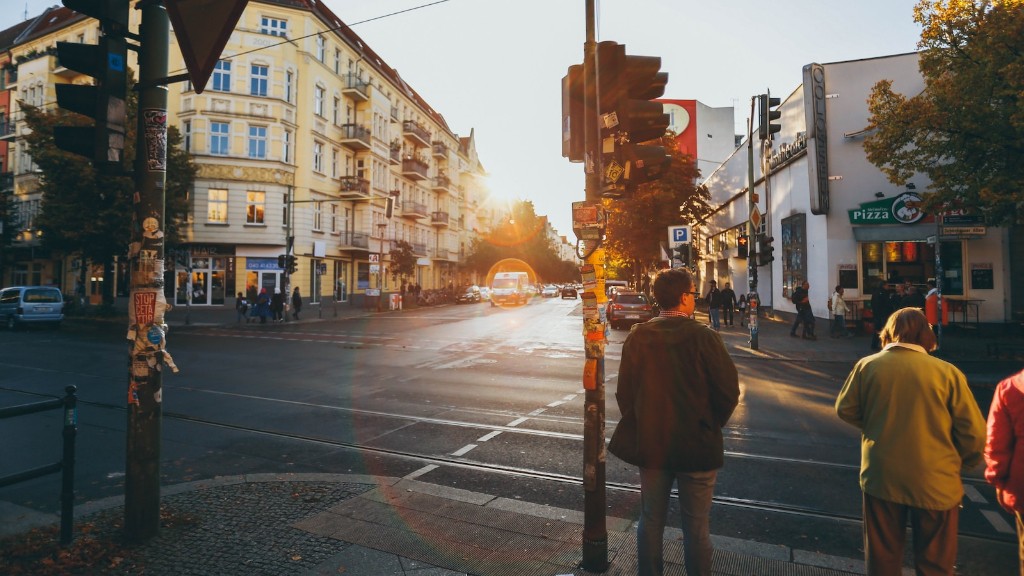What Time Zone is Munich, Germany?
Munich, Germany is located in the Central European Time zone (CET) with an offset of +1. This is the same time zone for most of the countries located in central and western Europe, such as the Netherlands, France, Switzerland, Italy, and more. The time difference between Munich and London is one hour. Daylight savings time is observed in the German region during the summer months when the clocks move forward.
Time zone history
Time zones have existed since the 19th century. Before that, most countries used local solar time—with clocks showing the same time for all cities in a region at any given moment. But due to the growth of transportation, the need arose for a more convenient system. In 1884, representatives of 25 countries met in Washington DC, US to agree upon a system of international time zones.
Daylight savings time in Germany
Daylight savings time (DST) is observed in most parts of Germany , with the clocks moving forward by one hour at 2 am on the last Sunday of March. This moves the clocks to 3am CET. The clocks then move back one hour on the last Sunday of October, setting the time back to 2am CET.
Impact on daily life
The implementation of time zones has had a great impact on daily life. With the time zone set at one hour difference with British Standard time, businesses in Munich can arrange conference calls, business meetings, and other interactions with colleagues from the UK, making use of the same working hours. It also affects international airline schedules, as flights must cross the Atlantic taking an extra hour to reach Europe from the US.
Time Zone Converters
The internet has made it possible to quickly and easily convert time zones. If there is ever a need to determine the current time in another time zone, such as Munich’s CET, there are multiple converters online that help with this task.
How does time zone affect local cultures?
The different time zones in the world have a strong influence on local cultures. Germany is one of the countries with a well-defined time zone, providing structure to everyday life. The regular change of time with daylight savings time and the difference in working hours with other countries helps provide a sense of stability.
Differences in day-to-day life
The implementation of different time zones can be seen in day-to-day life in Germany. People in Munich tend to work and rest earlier than their British counterparts, and the opening and closing times of many businesses are adjusted accordingly. Furthermore, the time zone affects travel, as it affects the availability of flights and the cost of tickets crossing different countries.
Business interactions
CET also influences business operations in Germany. Companies in Munich can gain an advantage by working before or after their London counterparts, depending on the type of work. This has enabled them to easily stay up-to-date with international business partners and markets.
Feeling of connectedness
Time zones, such as CET, are also a way for countries and cities to feel connected worldwide. Citizens in Munich know what time it is in London or Tokyo while they are going about their day. This can create a sense of cohesion between citizens all over the world, despite the physical distance between them.
How do people adjust to multiple time zones?
Crossing time zones can be dizzying. The human body needs some time to adjust when it is exposed to a different time zone. Jet lag is a common problem faced by frequent travelers crossing different time zones. It is important to take measures to ensure the body can adjust well to the new time zone.
Shift work
Individuals who are working in multiple time zones, or who are working shifts at different times, need to ensure they are able to cope with the changes in their work schedule. It is important to manage one’s energy levels and get an adequate amount of sleep when making such adjustments.
Jet lag
Jet lag can be uncomfortable and disruptive for those traveling across time zones. There are certain remedies that one can take to reduce jet lag, such as changing one’s daily routine before the trip, taking a nap during the flight, and avoiding alcohol and caffeine consumption on the plane.
Managing schedules
Crossing multiple time zones also requires a good sense of time management. It is important to manage schedules properly to ensure one is able to maximize productivity when working in different time zones. Using tools such as calendars and apps can help travelers stay organized and on top of their schedule.
How time zones facilitate international relations?
Time zones have been critical for fostering strong international relations between countries located in separate time zones. Not only are time zones used for scheduling meetings but also provided a strong foundation for communication and relationships.
Connecting remotely
Time zones facilitate international communication, with many business meetings organized with people from other countries and continents. Time zones provide a strong foundation for discussions and the ability to communicate remotely with people in different continents.
Complex network of relations
The existence of different time zones also offers an opportunity for international agreements on a global scale. This has enabled the growth of a complex network of global relations with different countries and continents.
Adjusting to different time zones
Many countries have had to adjust their time zone for better communication and political interactions. This has enabled countries to properly manage time zones for different types of global operations.
What impact does Munich’s time zone have on citizens?
Munich, Germany’s time zone is important for the region’s citizens. It helps structure daily life, connect Munich to other countries, and bring clarity for international meetings with colleagues in different countries.
Arranging meetings
Munich’s time zone facilitates easy scheduling for international meetings, especially with countries in the UK. This allows businesses to arrange virtual meetings with less difficulty and more clarity on the times and days of operations.
Inclusion in the global community
Munich’s time zone also makes it easier for citizens to stay connected to other parts of the world. The time zone facilitates growth in international relations and makes it possible for news from other parts of the world to reach the German region quickly and easily.
Business operations and opportunities
Finally, the time zone assists in the growth and opportunities available to businesses in Munich. CET enables businesses to offer services and products to customers and colleagues from different parts of the world, providing potential for growth and collaboration in the local economy.
How technology changes interaction with time zones
Technology has made it easier to keep track of time zones and organize meetings with people all over the globe. Access to mobile devices and computers has enabled individuals to stay connected to the world and understand the time around them.
Digital calendars
Digital calendars and appointment setting technology has made it easier to plan meetings with colleagues from different time zones. Smartphone calendars make it easy to stay on top of one’s schedule and plan ahead far in advance.
Access to international news
Technology has made it easier to access news and updates from around the world. One can easily find out what is happening in another country just by accessing the internet. This enables individuals to stay updated on the latest news and events from different countries.
Time zone apps
Additionally, there are specific apps and websites available to help convert time zone quickly and easily. This allows travelers to keep track of the time in different cities and ensure they do not miss any important appointments.
Data and analytics
Finally, technology has enabled businesses to use data and analytics to better understand the impact of time zones. Companies are able to maximize productivity and revenue by tracking different time zones and adjusting operations accordingly.





